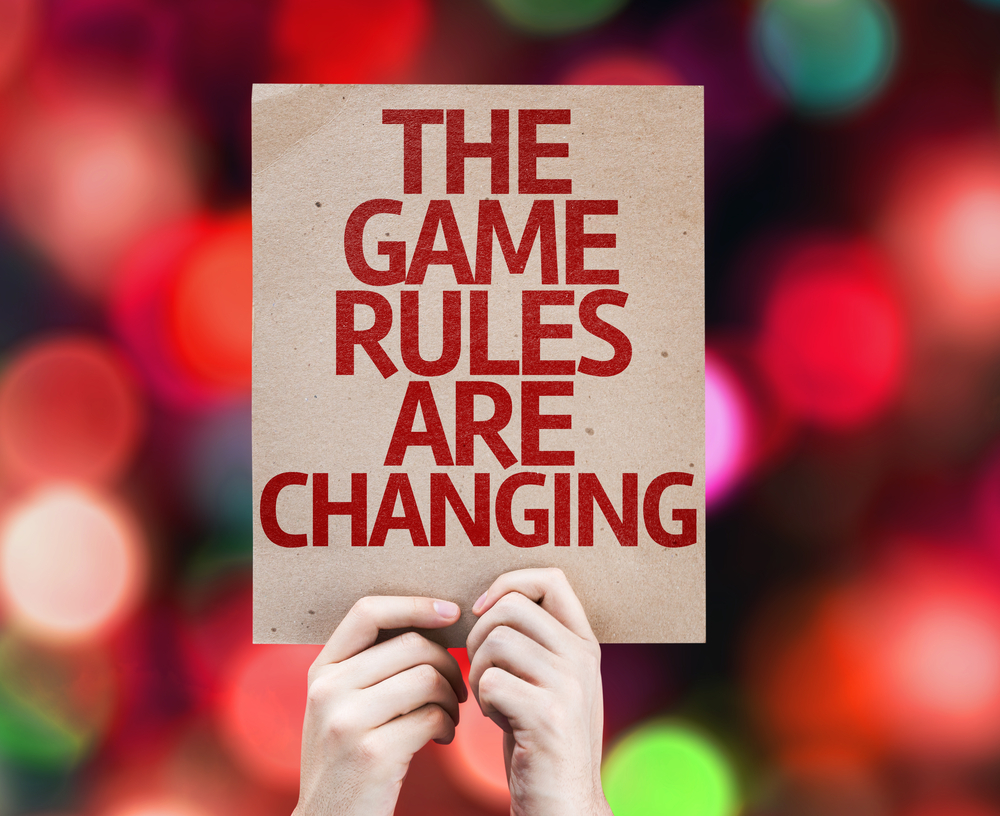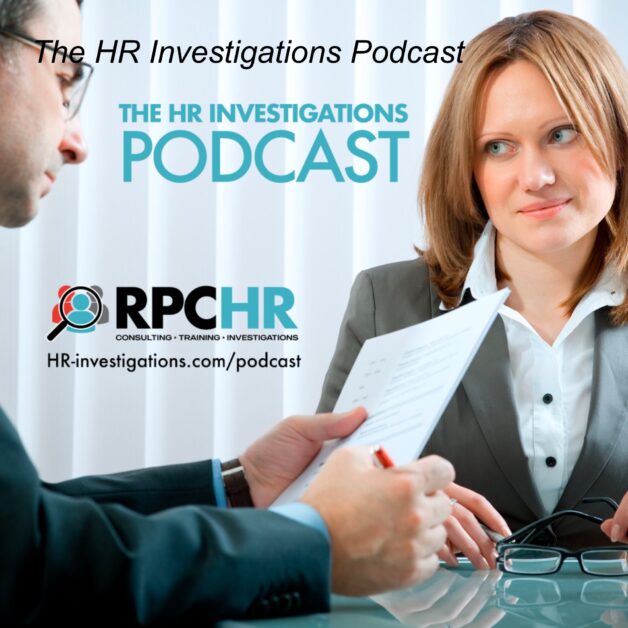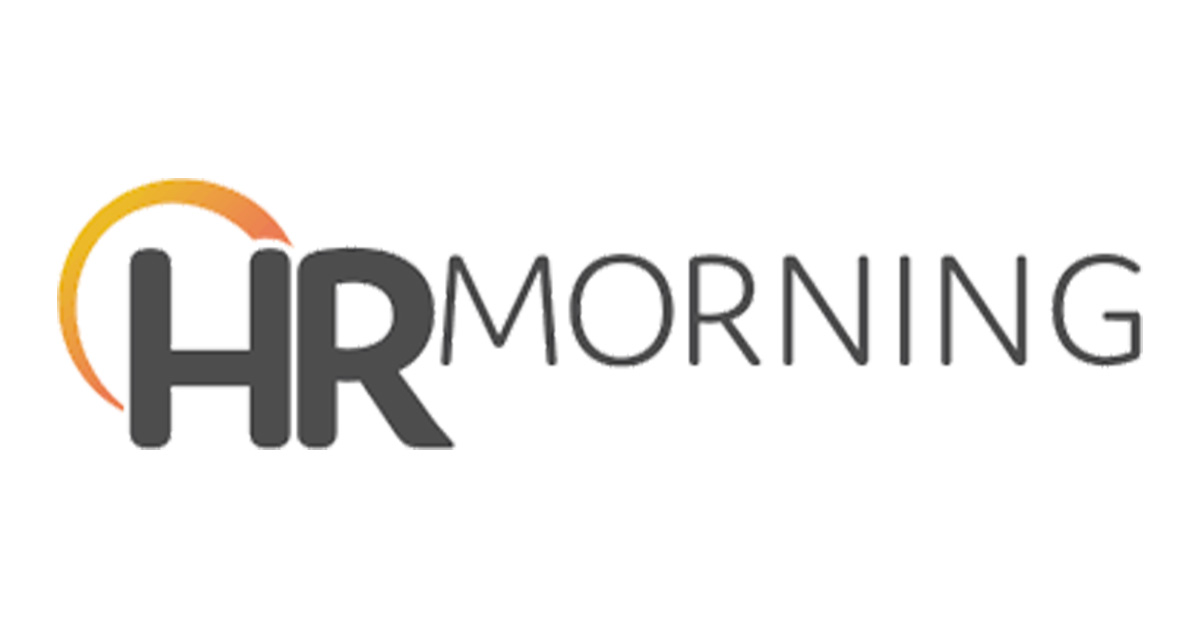I talk about when things get back to “normal” all the time, but that’s never happening. We will be creating a new normal after all the stay at home orders are lifted. What will HR look like in this new world? Well, here are some guesses.
More knowledgeable HR
Human resources is a multi-disciplinary field. You need to be everything from a finance expert to a therapist to a salesperson to a lawyer if you want to do  everything right. This is especially the case for HR generalists in smaller businesses who have to do it all.
everything right. This is especially the case for HR generalists in smaller businesses who have to do it all.
During these last few weeks, HR and employee relations people have had changes thrown at them at top speed. The Family First Coronavirus Response Act (FFCRA) added new programs for small businesses that required knowledgeable HR. The Payroll Protection Program put requirements around how many people you could terminate and how your payroll needed to look. These things fell squarely on the heads of the HR managers. Those are only two of the many, many changes HR had to sort through.
And, from where I sit, they’ve come through fabulously. I’ve watched HR people hash out the details, collaborate and take webinars by the thousands to learn how to implement these laws. While some of these changes genuinely are temporary, the ability to process and apply complicated information isn’t. HR just leveled up.
Unified HR
Not only has HR learned how to handle this massive change, but we’ve also learned that we can do it in the future. Social media allows even the lone HR generalist to reach out to peers and get help and give help. Everyone is doing it.
Because everyone from newbie to seasoned professional was in the same boat this time around, everyone banded together.
The new standard will be people willing to ask for help and help one another.
Working from home
Human resources should be the expert on people–and we know what people like: working from home. Suddenly everyone who could work from home was working from home. Some people were thrilled. Some were not. All the cats made secret plans to get their owners out of the house for some peace and quiet.
HR teams who had operated on a walking-around, get to know you, basis–especially crucial in HR–suddenly had to deal with the worst crisis of their lives from a distance.
We gained skills. We learned how to look out for people. We learned how to investigate sexual harassment from a distance. We helped coach managers through the transition–many of us repeating the phrase, “no, the employees don’t need to keep their cameras on at all times” over and over again.
We will never go back to the same office-focused model again. Sure, most jobs can’t be done exclusively from home, but a whole lot of companies that claimed some working from home was impossible now have to change their minds.
HR will need to reinforce this more flexible lifestyle view throughout the coming years. Employees won’t believe it when a manager says, “this job just can’t be done remotely” because the person did the job successfully from home for six-eight-twelve weeks. (Please don’t let it be more than twelve!)
Managers will have a much harder time arguing that working from home is not a reasonable accommodation under the Americans with Disabilities Act. That’s a positive change for many qualified people.
Balancing compassion with the law and the company’s survival
The first job of any HR person is to help the company succeed through recruiting, retaining and developing the best people. And now we have a global health crisis.
HR advises on the tough decisions companies must make–who gets laid off, who gets called back first and how to balance company needs with employees’ concerns. You can’t run a business without the people, but some people have legitimate reasons not to want to return to the workforce.
As we work through these complicated issues, we’ll gain a better sense of balance and meeting employee needs and companies’ needs at the same time. This will be a hard lesson for everyone to learn, but I’m confident that this crisis will help us all increase our skills.
There are some downsides to what we’re learning and how things will change. Some businesses will never come back. Some employees will not find new jobs for a long time. Some HR people will find it difficult to recover from the arduous task we’ve been asked to do.
But, overall, the new normal will come with HR being a better organization — and we’ll all have learned a lot, together.
Need more COVID-19 advice? Stay current with the HR Acuity COVID-19 Resources Center.



